March is National Women’s History month with International Women’s Day on Tuesday 8th March, so what better reason than to chat tea and women’s health. Whilst each of us is individual and have different needs, there are certain botanical herbs and spices that have been used for hundreds of years to support female health. Please note that if you have any particular health issues it is always recommended to see a qualified healthcare provider.
Tea drinking can go far beyond having a cuppa in the morning for a boost of energy (which don’t get me wrong, is very handy!) The use of different botanical herbs and spices as supplementary medicine can be seen across cultures going back thousands of years. The original chai blends were created 5,000-9,000 years ago as Ayurvedic healing beverages that would be made of a variety of herbs and spices as remedies for a range of minor ailments. Chai didn’t begin to contain black tea until the 1930s!
As with all food products, each ingredient has differing vitamins and minerals to aid a variety of health issues. Whilst there is still a lack of scientific research for the majority of botanicals, the anecdotal evidence is clear. I’ve listed a few of the benefits below, but please feel free to message me if you’d like any further guidance and I’ll do my best to help.
The classic herbal tea chamomile can help to soothe menstrual cramps due to its anti-spasmodic properties whilst also helping to ease anxiety and irritability which can often be caused by the hormonal shift.
If you prefer something less floral, ginger is anti-inflammatory which can help with cramping and feelings of muscle tightness. For those that suffer with nausea around the beginning of their period, ginger can help relieve this symptom.
For those suffering with heavy periods, raspberry leaf is reported to be an effective way to ease heavy menstrual flow, especially during the perimenopause and into menopause.
For those who are going through the menopause, valerian and liquorice both have the ability to reduce hot flushes and also shorten how long they last. Remember that tea can also be drunk cold if you find that hot drinks trigger a hot flash for you.
The humble sage plant is said to help clear brain fog and improve cognitive function and memory.
Ashwagandha is an Ayurvedic herb has been used for centuries to improve low mood, balance hormones, improve fertility and helping to enhance overall mood.
The pesky garden stinging nettle is packed full of vitamin K which is great for strong nails and healthy hair – don’t worry, once dried it won’t sting you!
Below is a beautiful little poem for you to meditate on and enjoy when you’re drinking a cup of tea. I send it from my heart to yours with love and light.
Namaste.
Tea is an act complete in its simplicity.
When I drink tea, there is only me and the tea.
The rest of the world dissolves. There are no worries about the future.
No dwelling on past mistakes.
Tea is simple: loose-leaf tea, hot pure water, a cup.
I inhale the scent, tiny delicate pieces of the tea floating above the cup.
I drink the tea, the essence of the leaves becoming a part of me. I am informed by the tea, changed.
This is the act of life, in one pure moment, and in this act, the truth of the world suddenly becomes revealed: all the complexity, pain, drama of life is a pretence, invented in our minds for no good purpose.
There is only the tea, and me, converging.
Thich Nhat Hanh
*Please be aware that some herbs can have adverse effects if mixed with prescription medications, so please do your research before you start taking anything for medical purposes.
Herbs such as raspberry leaf and peppermint should be avoided during early pregnancy as they can cause uterine contractions and have an emmenagogue effect (stimulate menstruation)*

